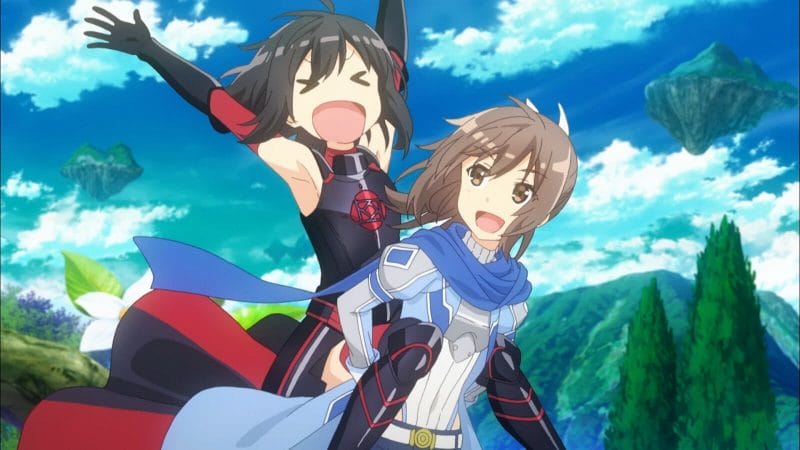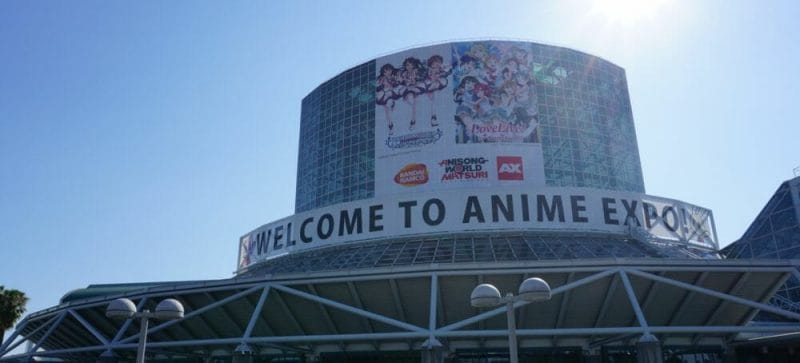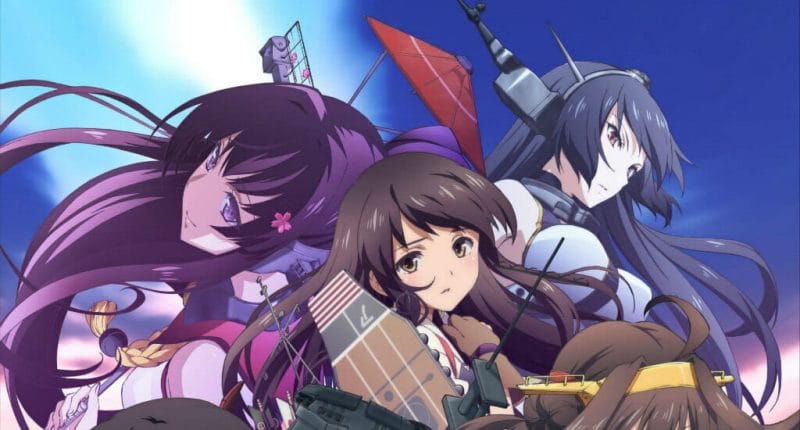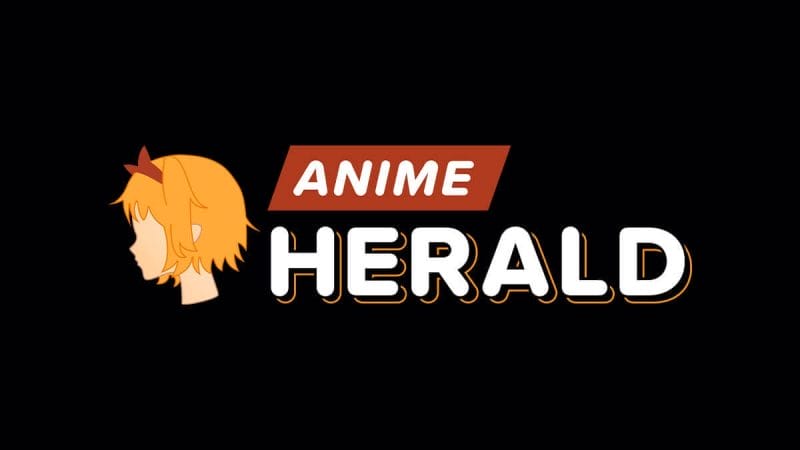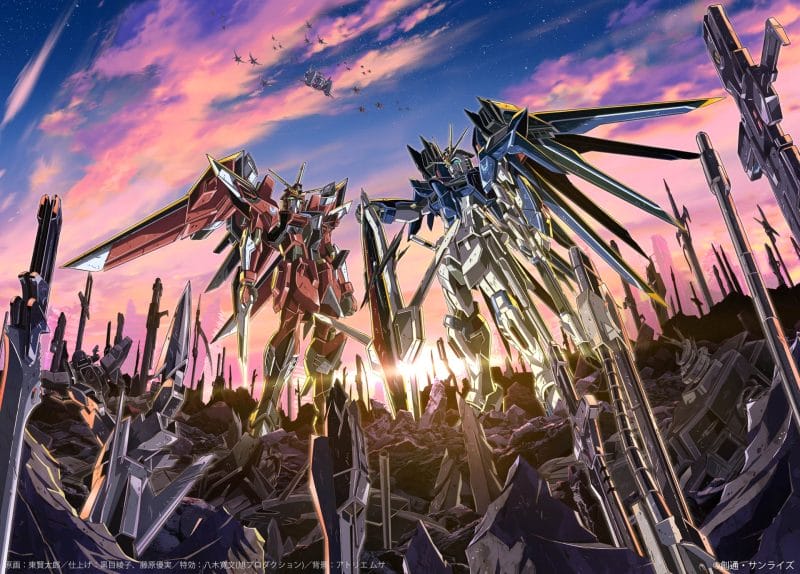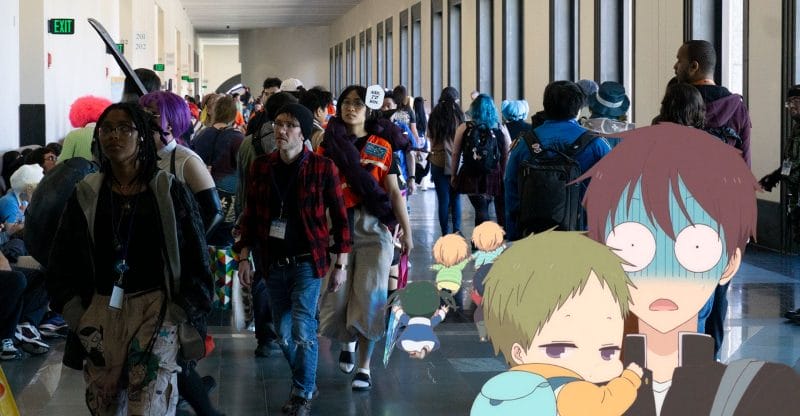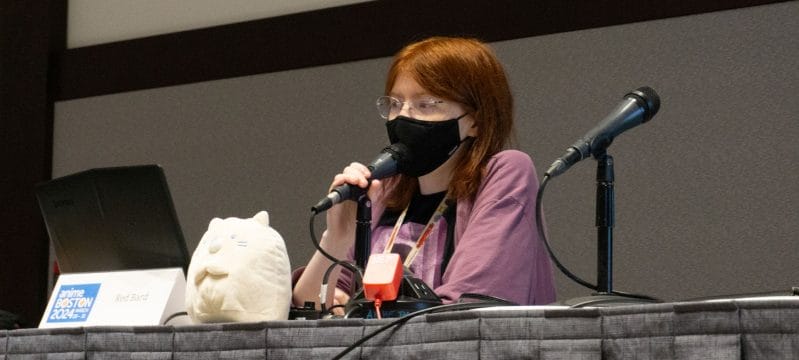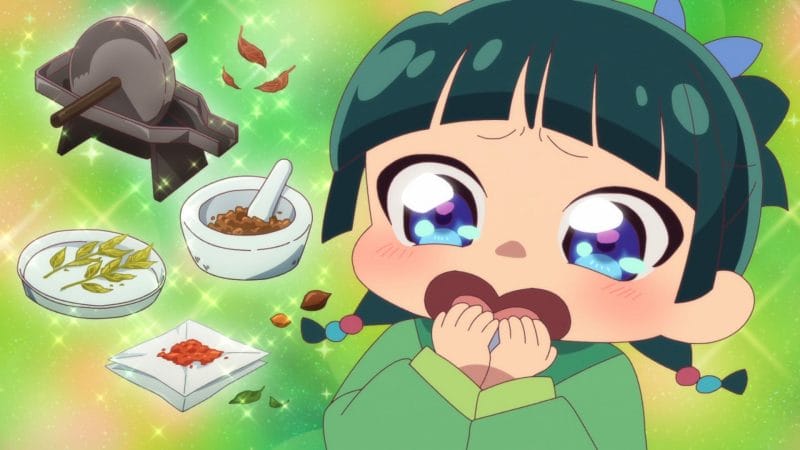
As many of you already know, a few days ago, Bandai Entertainment dropped out of the American anime licensing game. The company will cease releasing new product after this February, though they will continue to sell products in their current catalog. The company will be restructured, and three of the five remaining full-timers (as well as a majority of contractors) will be let go. Rather than focusing on new content, Bandai will shift to a licensing broker as they handle content distribution deals for other businesses.
Since the announcement, every announcement, even those who don’t focus on anime, have given their two cents. From Topless Robot to The Escapist, JanaiBlog to the Reverse Thieves, everybody’s gotten their commentary in. Some gave solemn farewells and others wondered what the future landscape will looking.
And then there’s Kotaku. Yes, that Kotaku. The gossip rag of the gaming world used the opportunity to pin not only Bandai’s situation, but also Animeigo, US Renditions, US Manga Corps’s closures on piracy, placing the entirely on customers. In one fell swoop, the company painted an entire niche as “selfish monsters who are strangling an industry that is already on its knees.” Piracy is indeed a factor in the market’s woes – to deny this is careless. And, by default, this had an impact on Bandai’s situation. However, to pin the entire problem on this, and to paint an entire customer-base as such is careless indeed. Stay classy, Kotaku.
But enough about them.
The official statement from Bandai (via ANN) is that the decision to downsize was made by the parent company last October. According to Iyadomi, “The decision was made in Japan by the contents SBU (Strategic Business Unit).” The company was prodded by a shrinking domestic market, combined with shrinking margins that Namco Bandai simply didn’t want to accept:
“The pricing range for our products kept dropping in Western countries, and people tended only to buy sets with very reasonable prices, which we understand is what fans want, but it lead us to a different strategy than what Japanese licensors wanted … So we always had a problem [with licensors wanting something different than what consumers wanted].”
Rob Bricken of Topless Robot gave a more detailed look into Bandai’s situation, which involves an overly meddlesome parent company, much like in the case of Geneon. Tales of a parent that required their subsidiary to pay top dollar for the company’s own licenses, while saddling the company with unreasonable sales targets color the situation, and portray much of the situation as a case of “death by a thousand cuts.”
While the news saddens me, I’m not overly surprised by Bandai’s closure. Through the Anime Dream staff, we’ve enjoyed hundreds of dark jokes about the company’s “death watch” status since ADV Films’s implosion in 2009. As they’ve met setback after setback in the years that followed, we became more certain that the death watch would indeed meet its inevitable conclusion.
In January 2009, Bandai Entertainment restructured itself, laying off 19 full-time employees. In May 2010, Bang Zoom! honcho Eric Sherman revealed in an ANNCast that Bandai was in dire straits. The company, according to Sherman, had all of its hopes set on the Haruhi Suzumiya franchise, as well as a “secret title” (presumably K-ON!). All the while, the company continued to stumble from release to release.
High-profile titles like the Eureka Seven film, Tales of the Abyss, and Gundam 00 saw delays of several months. The company seemed to get behind strange, difficult-to-market titles like Kannagi, Dan Doh!!, and Avenger, while insisting on pushing fading brands like .hack. The company’s gambles on titles like Lucky Star and K-On! were met coldly, and quickly found themselves collecting dust on shelves, or rotting in the bargain bins. When the company announced Nichijou’s release, I was simply shaking my head in disbelief and asking how a former giant of the industry could grab such obvious turkeys over and over again.
In addition, the company’s restrained licensing capacity saw that the company would do little to move ahead with the rest of the market. While FUNimation and Sentai moved toward 13-episode boxes, Bandai was still putting out 8-episode releases, or in the case of K-On, as singles. Because of this strange arrangement, many opted to wait for the inevitable “Anime Legends” releases from the company, which hurt the initial sales stream, and the overall profitability for the company. The company was forced to stay in the mindset of the bubble, when people were willing to fork out $50 for nine episodes of Saber Marionette J or $20 for four episodes of Bubblegum Crisis: Tokyo 2040.
As the years continued, the writing on the wall continued to become clearer. Many of us held out a faint hope that Bandai Namco would loosen Bandai’s reins, and hopefully allow them to actually compete in America. However, the cynic in us knew that it wasn’t going to happen. For many, this announcement is the end of a long period of waiting for the inevitable.
The situation is sad on a personal level for me as well. All of the people I’ve had the pleasure of meeting at Bandai were fantastic folks, who absolutely adore what they’re able to do. I wish all of them well in the future, and hope they can land on their feet.



